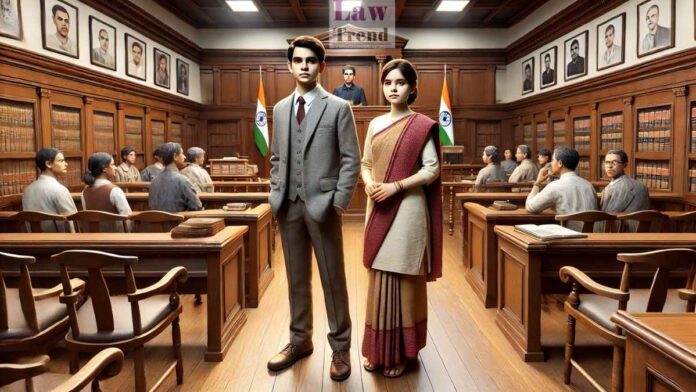The High Court of Madhya Pradesh has ruled that an adult woman has the fundamental right to choose her own partner and place of residence, even if the person she chooses to live with is already married. A division bench comprising Justice Atul Sreedharan and Justice Pradeep Mittal affirmed that an adult woman “cannot be
To Read More Please Subscribe to VIP Membership for Unlimited Access to All the Articles, Download Available Copies of Judgments/Order, Acess to Central/State Bare Acts, Advertisement Free Content, Access to More than 4000 Legal Drafts( Readymade Editable Formats of Suits, Petitions, Writs, Legal Notices, Divorce Petitions, 138 Notices, Bail Applications etc.) in Hindi and English.




